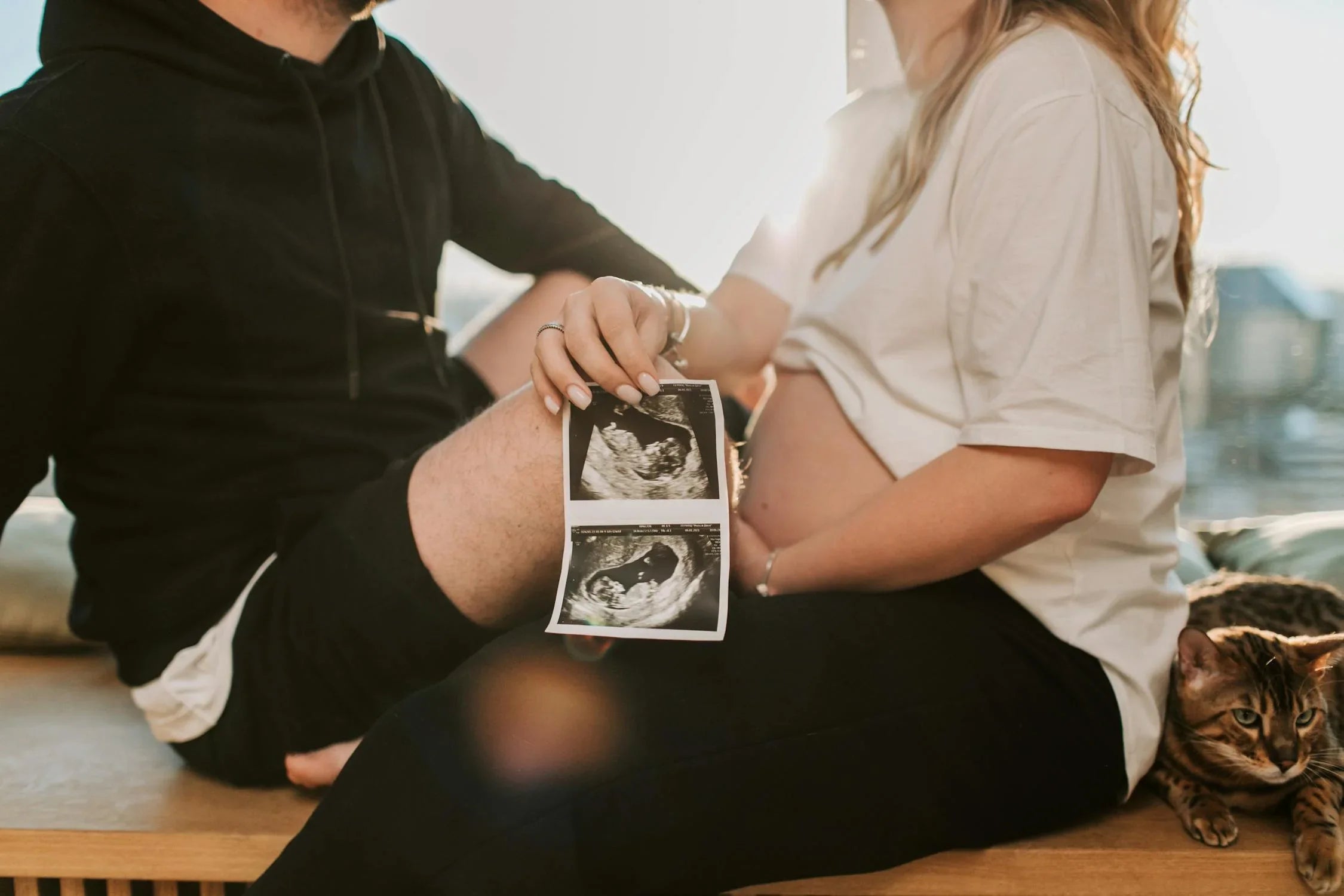Home
Pregnancy, Breastfeeding, and Pumping: The Ultimate Guide for Moms
How Long After Sex Can I Test for Pregnancy: A Comprehensive Guide

How Long After Sex Can I Test for Pregnancy: A Comprehensive Guide
When it comes to pregnancy testing, timing is everything. Many people wonder, how long after sex can I test for pregnancy? The answer depends on several factors, including the type of test used, the timing of ovulation, and the implantation process. This article will guide you through the science of conception, the best time to test, and what to expect from your results.
Understanding the Basics of Conception
Conception occurs when a sperm fertilizes an egg. This typically happens in the fallopian tube shortly after ovulation. After fertilization, the egg begins to divide and travel toward the uterus, where it implants into the uterine lining. This process, known as implantation, usually takes about 6 to 10 days after ovulation.
When Does Pregnancy Begin?
Pregnancy officially begins at implantation, not at the moment of conception. After implantation, the body starts producing human chorionic gonadotropin (hCG), a hormone that pregnancy tests detect. The levels of hCG double every 48 to 72 hours in early pregnancy, making it easier to detect as time progresses.
How Soon Can You Test After Sex?
The earliest you can test for pregnancy is about 7 to 10 days after ovulation, which is typically 1 to 2 weeks after sex. However, this timeline can vary depending on when ovulation occurred and how quickly implantation takes place. Testing too early may result in a false negative, as hCG levels might not be high enough to detect.
Types of Pregnancy Tests
There are two main types of pregnancy tests: urine tests and blood tests. Urine tests are the most common and can be done at home. They are convenient and provide quick results. Blood tests, on the other hand, are more sensitive and can detect pregnancy earlier than urine tests. However, they require a visit to a healthcare provider.
Factors Affecting Test Accuracy
Several factors can influence the accuracy of a pregnancy test, including the timing of the test, the sensitivity of the test, and how the test is performed. For the most accurate results, it is recommended to wait until after you have missed your period to take a test. Additionally, using the first urine of the day can increase the concentration of hCG, making it easier to detect.
What to Do If You Get a Positive Result
If your pregnancy test is positive, it is important to confirm the result with a healthcare provider. They can perform a blood test or ultrasound to confirm the pregnancy and provide guidance on next steps. Early prenatal care is crucial for the health of both the mother and the baby.
What to Do If You Get a Negative Result
A negative result can be disappointing, especially if you are trying to conceive. However, it is important to remember that a negative result does not always mean you are not pregnant. If you tested early, consider waiting a few more days and testing again. If you continue to get negative results and suspect you might be pregnant, consult a healthcare provider for further evaluation.
Common Myths About Pregnancy Testing
There are many myths surrounding pregnancy testing, such as the idea that you can test immediately after sex or that certain foods or activities can affect the results. It is important to rely on accurate information and follow the instructions provided with the test for the most reliable results.
Emotional Considerations
Waiting to take a pregnancy test can be an emotional experience, whether you are hoping for a positive or negative result. It is important to take care of your mental health during this time. Reach out to supportive friends or family members, and consider speaking with a counselor if you are feeling overwhelmed.
When to Seek Medical Advice
If you have concerns about your pregnancy test results or are experiencing symptoms such as severe pain, heavy bleeding, or dizziness, seek medical advice immediately. These symptoms could indicate a potential complication that requires prompt attention.
Understanding how long after sex can I test for pregnancy is crucial for accurate results and peace of mind. By knowing the science behind conception, the best time to test, and how to interpret your results, you can navigate this important moment with confidence. Whether you are trying to conceive or simply want to know your status, being informed is the first step toward making the best decisions for your health and future.
Share

